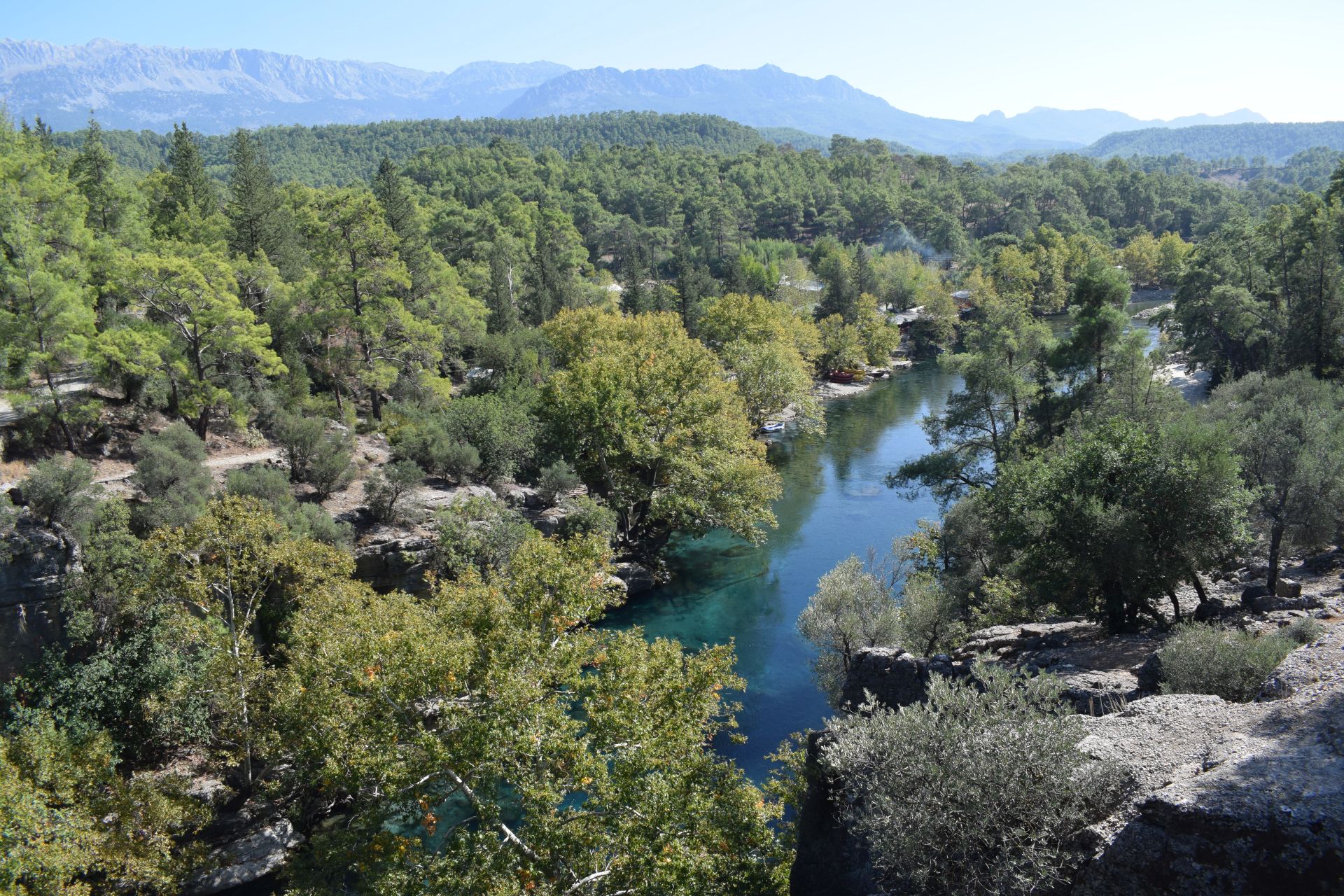Greater sustainable management needed for Mediterranean forests - new FAO report
The status of Mediterranean forests released during Near East Forestry and Range Commission

©FAO/ Carolina Gallo Granizo
Forests in the Mediterranean region require greater sustainable management as they face increasing threats from human pressures and the growing impacts of climate change, according to the latest edition of The status of Mediterranean forests 2025 by the Food and Agriculture Organization of the United Nations (FAO).
Although forest area in Mediterranean countries has increased overall by 12 percent between 1990 and 2020 to 99.2 million hectares, the report warns that the rate of growth has slowed in recent years, and that increases have been uneven across the region.
Half of the region’s forests – those specific to the Mediterranean climate – are particularly vulnerable to threats such as wildfires and forest degradation, according to the report.
However, the report underlines that forest and landscape restoration is gaining traction across the Mediterranean region and protected forest areas and carbon stocks have expanded, while innovative fire management strategies are being introduced.
“As the region faces mounting demographic, socioeconomic, environmental and land-use pressures, it is important to recognize the value of Mediterranean forests and other wooded lands not only as vital natural resources but also as a foundation for more inclusive and sustainable societies,” said Zhimin Wu, Director of FAO’s Forestry Division.
“Strengthened regional cooperation, improved education systems, and comprehensive monitoring of the status of the Mediterranean region are vital to ensure a green and resilient future.”
The report was launched today at a side event for the 6th Near East Forestry Week, which is running alongside the 27th Session of the Near East Forestry and Range Commission meeting, in Jeddah, Saudi Arabia.
Key findings
Forests and other wooded lands currently represent 28 percent of the total Mediterranean land area, according to the publication.
Between 2010 and 2023, wildfires burned more than 5.5 million hectares of land in the region, including more than 1.7 million hectares of forest. Fire activity is projected to increase as a result of rising temperatures and drought periods in the region, the report warns.
In a context of rapid city growth, the report highlights the importance of urban and peri-urban forests for limiting urban sprawl, providing alternative livelihoods and vital ecosystem services, such as carbon sequestration, biodiversity conservation and wildfire risk reduction, while enhancing social cohesion and well-being.
Forest and landscape restoration efforts are gaining momentum across the Mediterranean region, driven by stronger national initiatives and regional pledges through the Agadir Commitment and the region’s designation as a World Restoration Flagship under the UN Decade on Ecosystem Restoration 2021–2030. Despite this progress, many restoration initiatives face significant barriers, including insufficient funding and a lack of long-term strategic planning, according to the report. Addressing these gaps is essential to ensuring the resilience and sustainability of Mediterranean forests in the face of escalating environmental challenges.
Key recommendations
The report outlines various strategies for sustainable forest management designed to address climate change, biodiversity loss and land degradation, including adaptive forest management that favours tree species able to withstand environmental stress, integrated pest management, monitoring and early detection systems to reduce the risk of wildfires.
The report also recommends adopting a more coordinated regional approach that builds on existing networks and actively engages local communities in forest conservation and restoration, data collection, fire management or responding to other shared threats.
The Status of Mediterranean Forests 2025 was developed by FAO in collaboration with the Committee on Mediterranean Forestry Questions – Silva Mediterranea, Mediterranean institutions, networks and civil society actors.
It is the third volume in the Status of Mediterranean Forests series following previous editions in 2013 and 2018.
